As businesses develop globally and cross-functionally, collaboration becomes key. But when it comes to delivering results, collaboration acts as a powerful booster, not the only essential fuel.
As a thought experiment, suppose that Abraham Maslow was alive today and society gave him the arduous task of building a hierarchy of needs for companies to accomplish large-scale goals: I'm willing to bet that teamwork wouldn't be at the foundation of his pyramid. Why? Without individual work and deep personal mastery, group efforts don't contribute much toward collective goals. But the current trend is for some companies to invert these values, placing greater emphasis on collaboration and less on individual achievements. Let's dive into why this isn't effective.
Individual Knowledge Before Team Knowledge
There is no teamwork if there is no work - and that fits semantically as well as grammatically. For instance, you can have a group of masons co-operating and communicating with one another, but if they don't individually lay the bricks one after another, there will never be walls to build a house.
This sounds obvious, but it's less apparent in the IT domain where results are sometimes less immediately visible. In IT, a squad - or a group of developers - can hold crucial meetings, create a smooth communication process, and build workflow boards. Yet, if each individual doesn't deliver the necessary code, there will never be an application to run.
Admittedly, there is not much value in a house or a system that does not work as expected because the builders/developers didn't clearly communicate how the parts would fit together. However, how much value does a team actually deliver if its members never have the time to build anything because they're so busy attending meetings? Obviously, we need a balance here. The point is, what kind of reaction would you receive from your teammates if you rejected a meeting in order to work on something alone? In some cases, they might start wondering if you're a trustworthy employee.
Unstated Assumptions about Collaboration
When Albert Einstein stated, "we can't solve problems by using the same kind of thinking we used when we created them," he was referring to the thought processes both of individuals and of groups of people. There isn't a magical collaboration process that will exponentially enhance a team's knowledge; knowledge is invariably the sum total of each individual's expertise plus the potential connections within the team.
That said, weirdly enough, people (perhaps unconsciously) believe that knowledge will create itself purely through collaboration. It's analogous to gathering a bunch of musicians into a room to solve one of those problematic physics enigmas and expecting them to solve it only through collaboration without previous education in physics. Indeed, if we look at historical examples of group problem solving, puzzles are generally solved with pieces of knowledge that individuals bring to a group.
Even though collaboration is an enabler, personal mastery is fundamental and should come first. In the end, if your team is consistently struggling with specific problems, it is more likely that you will solve them by acquiring deeper knowledge than by scheduling a team meeting.
A Balanced Approach
More isn't always better, and when it comes to teamwork, it looks like we neglect this statement. Consequently, this business value is not only overrated but can also generate a collaborative overload that causes extra stress, anxiety, and sometimes burnout. Don't convert yourself into a total lone wolf locked away looking for knowledge, but don't become a team worker limited by the bubble and the kind of thinking that surrounds yourself and your team.
P.S. Don't use this article as an excuse for rejecting your next team meeting - especially if it's a retrospective meeting!
*Disclaimer: I'm sharing my thoughts as a self-criticism of my life and work. I'm writing to empower discussions and not to make an indisputable point. Please don't take any of the "you" references personally. I exaggerate events using humor because that is how I believe I can generate good conversation, so leave a comment with your thoughts on teamwork!
Author
Marcio Viegas
Marcio Viegas is a Technical Manager at Avenue Code. He loves learning and is passionately curious. He enjoys studying different subjects that could be related to technology or not and considers that his greatest and most valuable professional skill is his ability to bring together his diverse knowledge and creativity to propose solutions for complex problems.




